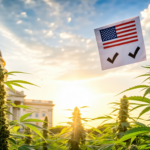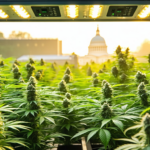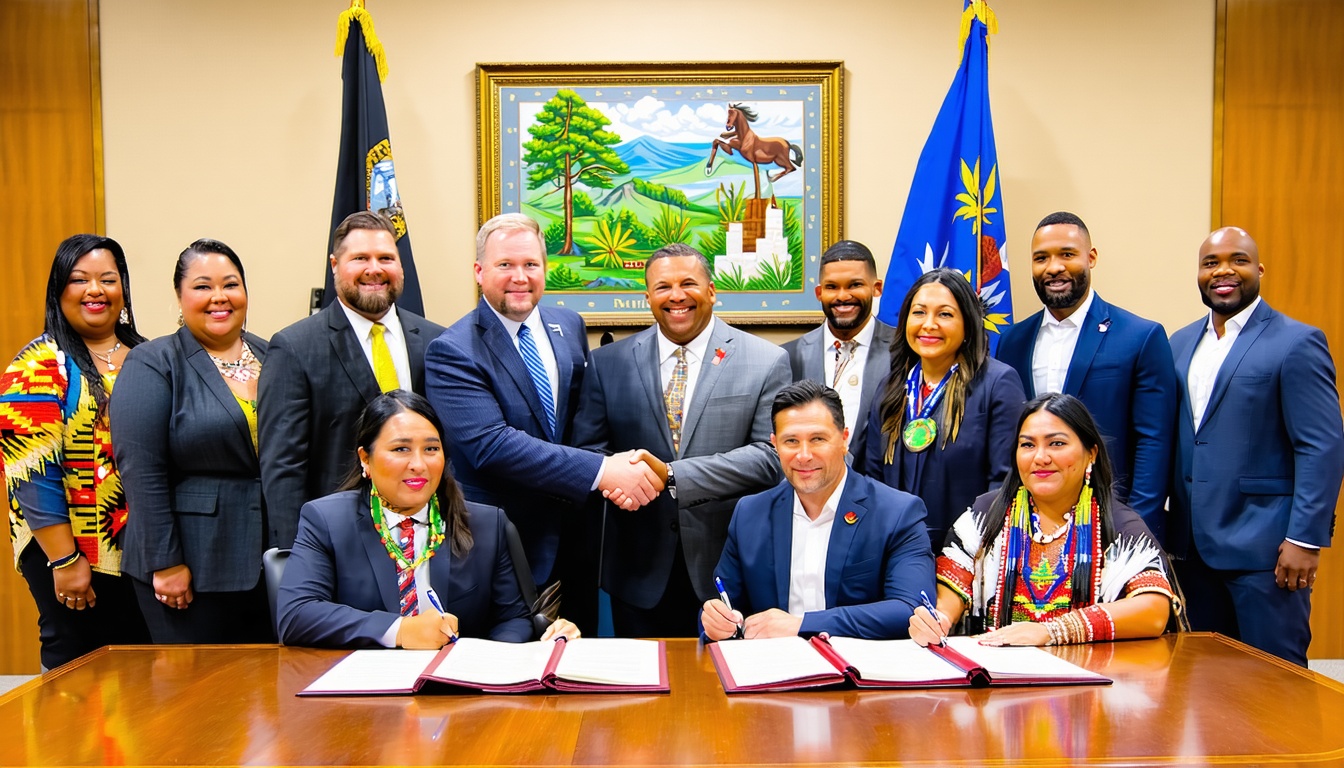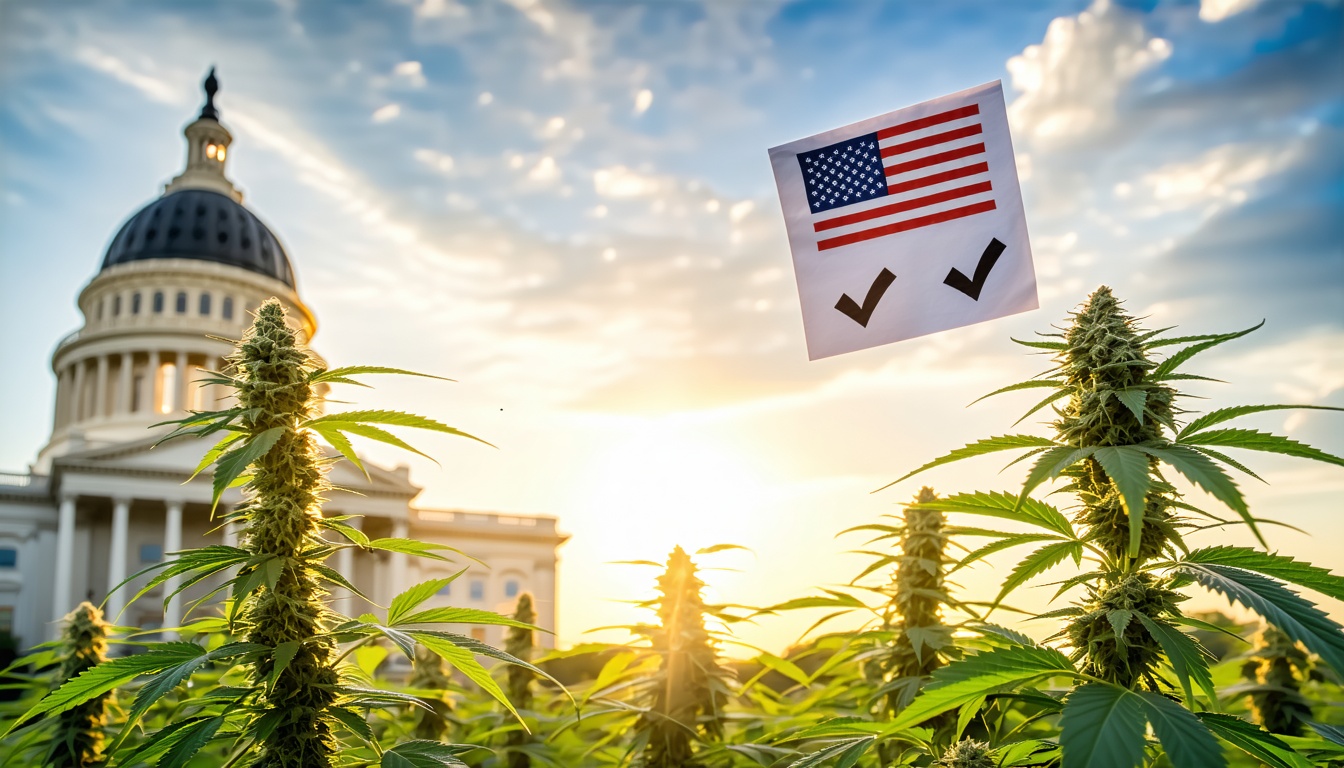Attorney Seeks Supreme Court Ruling on Marijuana Prohibition
A lawyer representing marijuana businesses in a case pending before the US Supreme Court is optimistic that the court will take up the matter and ultimately decide the constitutionality of federal cannabis prohibition. The attorney, Josh Schiller, believes that the court’s decision could have a significant impact on the industry and the country’s cannabis policy.
The case, which was submitted to the Supreme Court last month, argues that the Commerce Clause of the US Constitution prohibits the federal government from enforcing criminalization laws against intrastate cannabis activity. The petition for writ of certiorari was filed on behalf of Massachusetts-based marijuana companies and industry leaders Canna Provisions, Gyasi Sellers, Wiseacre Farm, and Verano Holdings.
Schiller, a partner at the law firm Boies Schiller Flexner LLP, believes that the court’s decision could be influenced by the growing acceptance of cannabis and the dramatic shift in public opinion and state laws governing the drug. “Time is of the essence,” Schiller said. “We think that this is the right time for this case because of the need—the industry needs to get relief from federal oversight at the moment.”
The attorney acknowledged that he is “hopeful” but also “nervous” about the prospect of the court taking up the case. He believes that the court may be inclined to revisit the landmark 2005 case, Gonzales v. Raich, which narrowly determined that the federal government could enforce prohibition against cannabis cultivation that took place wholly within California based on Congress’s authority to regulate interstate commerce.
Schiller’s clients are seeking to reevaluate the Gonzales v. Raich decision and argue that the Commerce Clause precludes the federal government from enforcing criminalization laws against intrastate cannabis activity. The attorney believes that the court’s decision could have significant implications for the industry and the country’s cannabis policy.
The next step in the process is for the Department of Justice to file its initial brief, which is currently due by November 28. Four justices must vote to accept the petition for cert in order for the court to take up the case.
Schiller’s optimism is not without precedent. The Supreme Court recently accepted a case concerning the federal ban on gun ownership by people who use marijuana, which some see as a positive sign for the likelihood that the court will take up the cannabis case.
However, Schiller is cautious and believes that the court’s decision will ultimately depend on the justices’ interpretation of the Constitution and their consideration of the principles of federalism.












